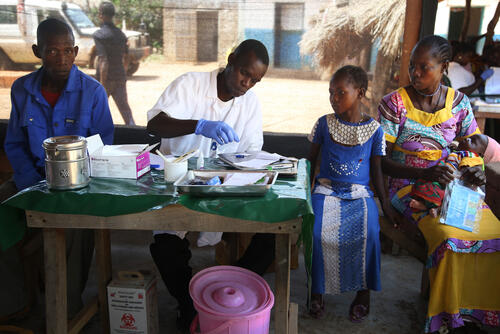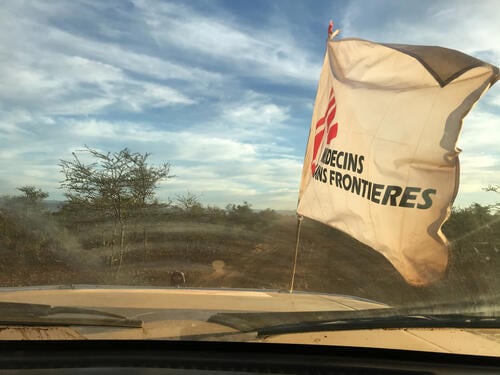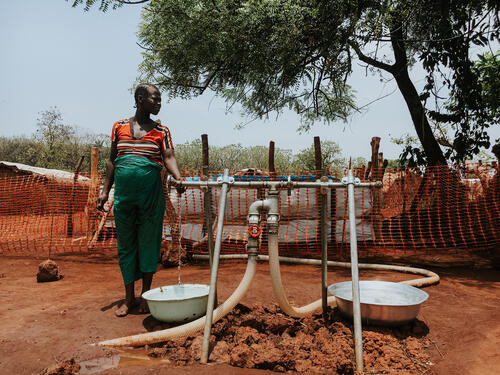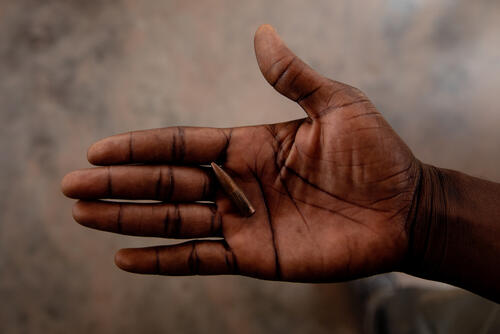Bangui - Following an attack on a convoy of vehicles belonging to international medical organisation Médecins Sans Frontières (MSF) near the town of Kabo, in northwest Central African Republic, MSF has taken the difficult decision to reduce its activities in the region.
The convoy of MSF vehicles carrying patients and staff was attacked on 20 January on the road between Batangafo and Kabo. MSF staff were threatened by armed men, who fired shots into the air and robbed the team at gunpoint.
MSF staff have been forced to use this route for more than a year since the closure of Kabo airfield. The recent attack made it clear that the route is not safe, leading MSF to suspend road travel to and from Kabo, where it runs a hospital and supports two health posts and a network of community health workers.
MSF withdrew 43 staff members from its project in Kabo in early February. However, the hospital and health posts continue to offer a limited service, provided by 171 locally recruited health workers and 12 Ministry of Health staff. MSF will continue to send medical supplies to Kabo, pay staff salaries and provide remote technical support.
The reduction in MSF’s medical services was carried out in coordination with Ministry of Health officials. Discussions about medical needs and staff security are ongoing, with the aim of restoring the project to full strength as soon as possible.
The medical needs of people in and around Kabo remain relevant and urgent, given frequent armed clashes in the area and people’s limited access to medical facilities.
MSF teams have worked in Kabo since 2006. In 2021, we provided more than 170,000 outpatient consultations and admitted nearly 5,000 patients to hospital. Our teams have worked in Central African Republic since 1997. Today, we manage 13 projects throughout the country. In 2021, we provided more than 758,000 outpatient consultations, treated 464,000 people for malaria, delivered more than 19,000 babies, performed 8,083 surgeries, provided 9,538 people with antiretroviral treatment for HIV and treated 6,128 survivors of sexual violence. MSF receives 100 per cent of the funding for its work in Central African Republic from private donors around the world.







